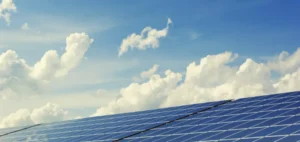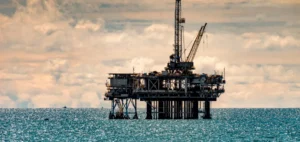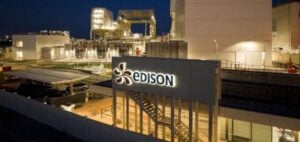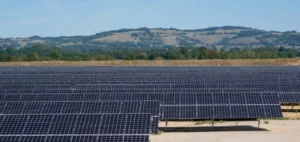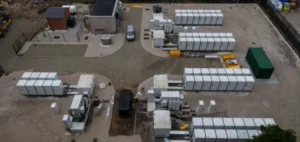Shell is making a major strategic shift. Wael Sawan will be the new CEO of Shell as of January 1. It should accelerate the company’s efforts to develop renewable energy. Shell has been able to take advantage of the surge in energy prices, but its renewable energy capacity is limited.
Thus, W. Sawan will have the heavy task of catching up. The company aims to reduce its greenhouse gas emissions by half by 2030. By 2050, Shell aims to be a net zero emitter. It has already launched measures in this direction.
Accelerating the energy transition
Wael Sawan must therefore develop his strategy, the one that will propel Shell on the path of renewable energy and energy transition. According to a company spokesperson, he is expected to continue the strategy he launched in his current role. One thing is for sure, its “implementation will be as dynamic under the new CEO as it has been under the current one”.
Nevertheless, some sources believe that the new CEO will go even faster on the energy transition. W. Sawan should, in fact, expand Shell’s renewable energy portfolio.
The task is then complicated. In fact, his predecessor reaffirmed Shell’s major role in the LNG sector as soon as he arrived. Thus, in 2014, it acquired BG Group for $53 billion. As a result, Shell remains highly dependent on oil and gas. Its renewable energy and energy solutions division accounted for only 6% of the group’s Q2 profits.
Wael Sawan, symbol of Shell’s transition?
Shell has been developing a new strategy for the past few months. In fact, Wael Sawan and Ben van Beurden want to develop wind and solar energy production. Thus, a strategic shift seems to be taking place.
In August, Shell announced theacquisition of Sprng Energy for $1.55 billion. An Indian company specializing in renewable energy, it has a portfolio of over 10 GW of projects. These are in the process of being acquired, or still to be built. This acquisition allows Shell to triple its capacity, overtaking BP.
This acquisition symbolizes the turning point in Shell’s strategy, embodied by the arrival of W. Sawan as CEO. Until now, Shell has simply purchased low-carbon electricity for resale.
Within the company, a source comments:
“It’s a big change for us to say that we now have to get into renewable energy generation. We need a long period of renewable energy generation for our commercial capabilities and to meet our customers’ needs.”
While the task ahead is complicated, Wael Sawan can rely on the group’s strong record. Thus, it can engage in large-scale acquisitions. A source close to Shell adds:
“Shell will be in a strong position to deliver a transformative renewable energy deal in 2023 and beyond.”
An energy transition synonymous with competition
The energy transition is at the heart of the various strategies implemented by the energy sector industries. Shell, like all other companies, intends to accelerate its energy transition. Thus, strong competition is expected for the acquisition of assets. As a result, the cost of the latter should rise.
In addition, Shell is lagging behind its European rivals. In recent years, the company has remained more than cautious about renewable assets.
In fact, prior to the Sprng acquisition, Shell had only 1.1 GW of renewable energy in operation and 4.6 GW under construction. For comparison, by mid-2022, TotalEnergies had more than 9.5 GW of generating capacity (in operation or under construction). BP had 6.4 GW.
According to some sources, Shell’s caution is due to the many internal criteria of the group. Thus, no major company in the sector has met these acquisition criteria.
However, Shell has considered one option: RWE. The market capitalization of the German company is 28 billion euros. However, such an operation is very unlikely. In fact, in addition to renewable energies, RWE is active in the coal and nuclear sectors. Shell would not be interested in these areas.
What strategy for Wael Sawan?
Wael Sawan is expected to present his strategy, focusing on renewable energy, in the middle of next year. A source close to the company says:
“Wael has decided on the current strategy with the board of directors, but if he thinks there is a need for change when he arrives, it will happen quickly.”
The group is still expected to rely on oil and gas production, although Shell’s oil production is expected to decline from its record high in 2019. In addition to oil, it is highly unlikely that W. Sawan will desert the natural gas and LNG business. Especially since, in the context of the energy crisis, demand for gas and LNG is expected to remain high in the years to come.
At the same time, Shell is increasingly allocating resources to renewable energy. One source states:
“There’s a lot of internal activity to build a renewable energy portfolio around the world.”
The company’s main focus is on research and development of new resources.





